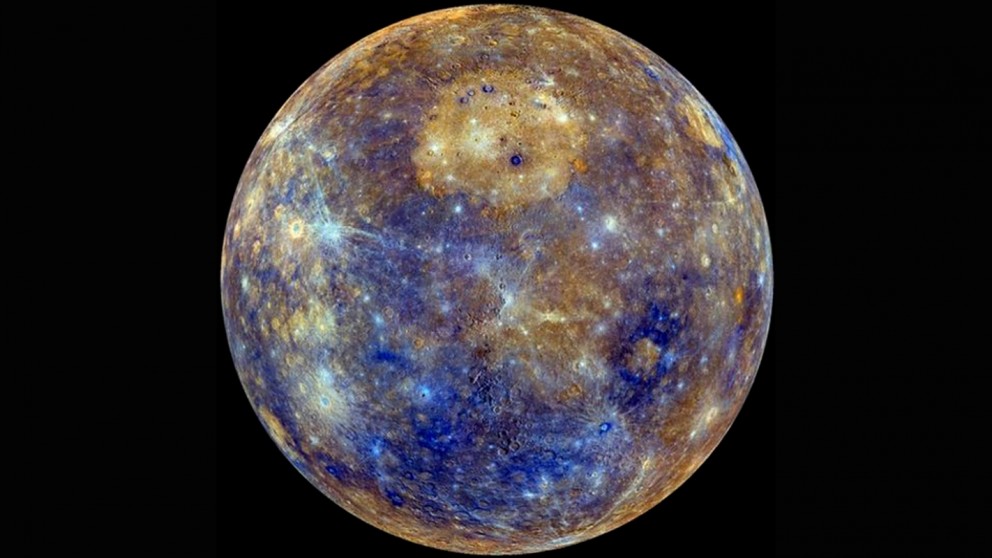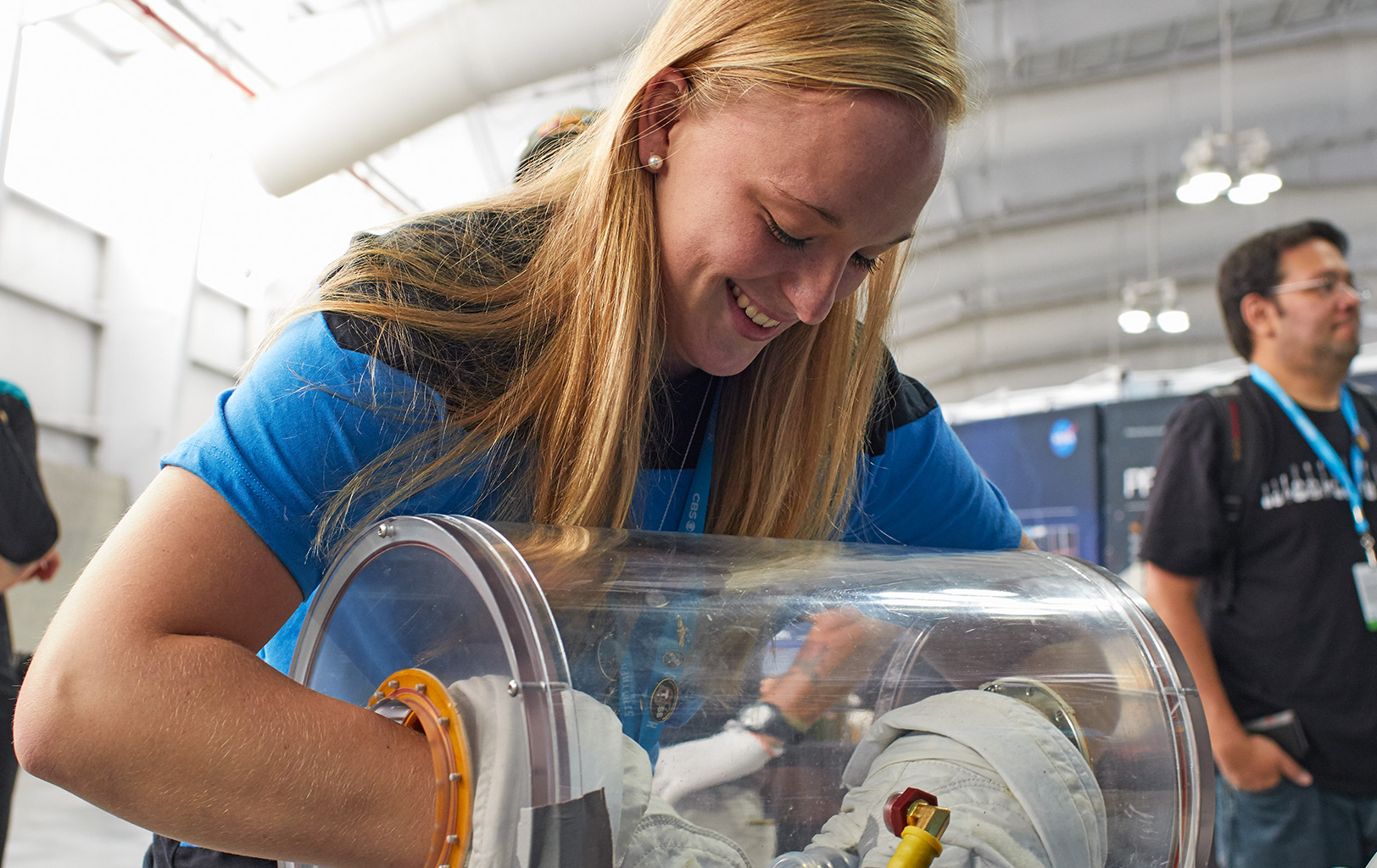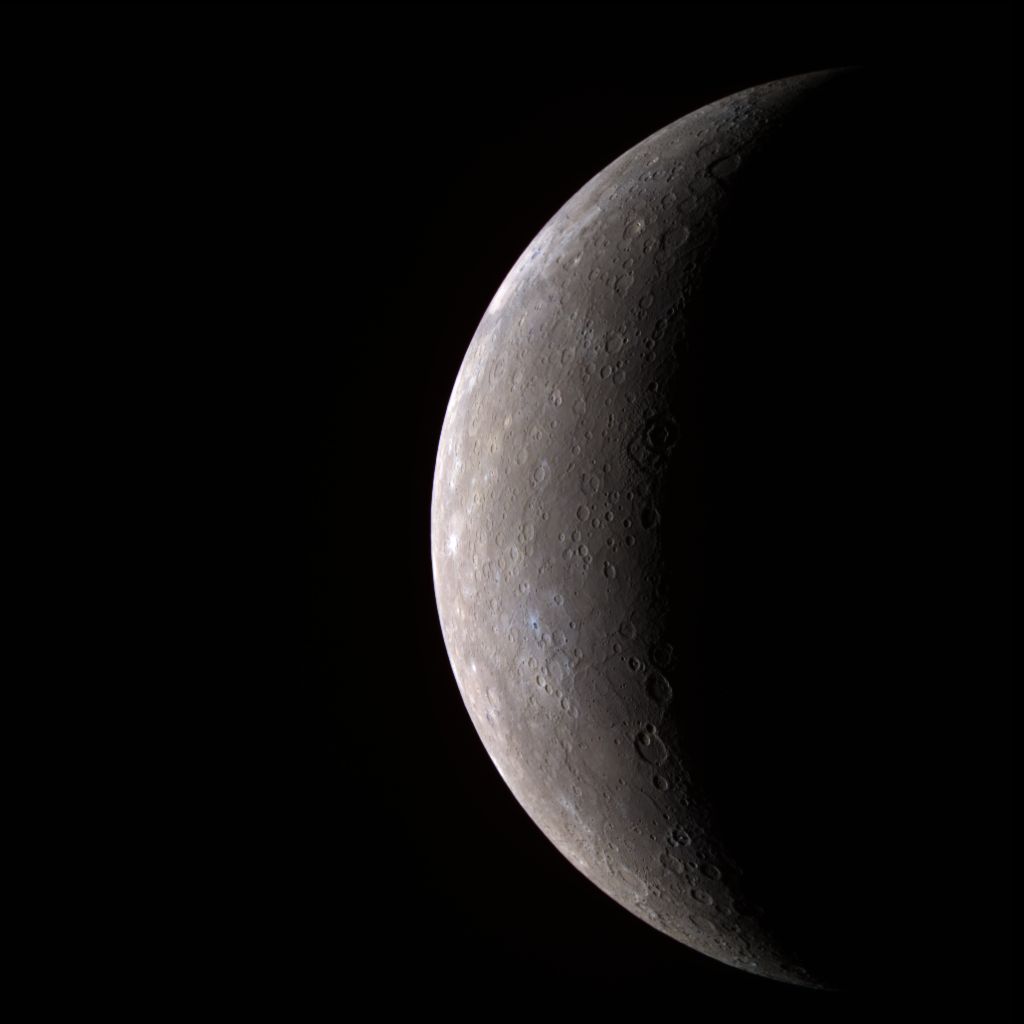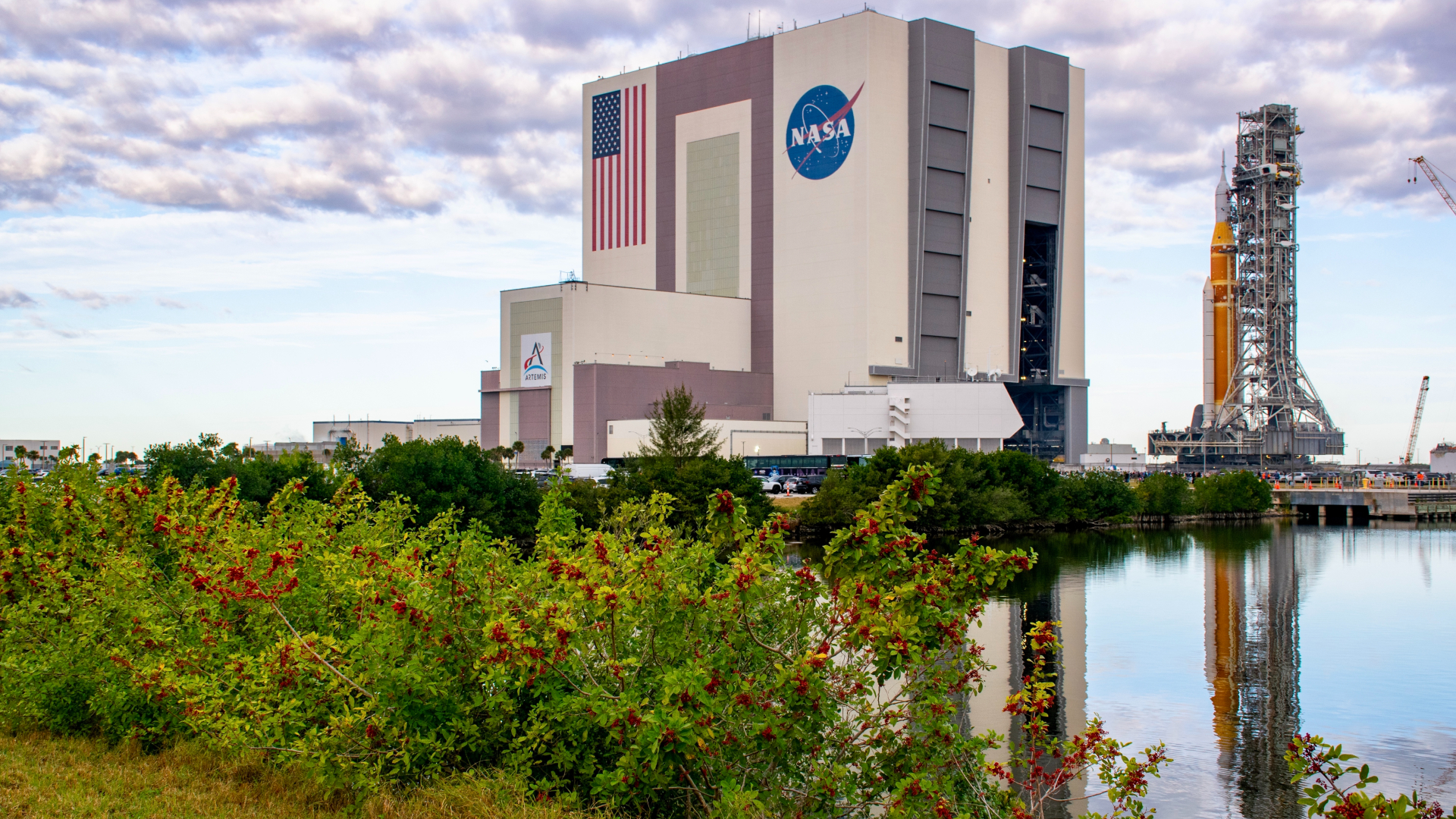Mercury's Violent Volcanoes Shut Off 3.5 Billion Years Ago

Violent volcano eruptions that shaped Mercury's sun-scorched surface likely ended 3.5 billion years ago, which is strikingly early compared to the volcanic history of other terrestrial planets like Venus, Mars and Earth.
This discovery will help astronomers better understand the geological history of Mercury and what happens after volcanic activity ends on a planet, researchers said in a statement.
"These new results validate 40-year-old predictions about global cooling and contraction [of Mercury] shutting off volcanism," Paul Byrne, co-author of the new study and a planetary geologist at North Carolina State University, said in the statement. "Now that we can account for observations of the volcanic and tectonic properties of Mercury, we have a consistent story for its geological formation and evolution, as well as new insight into what happens when planetary bodies cool and contract." [10 Strange Facts About Mercury (A Photo Tour)]
As the closest planet to the sun, Mercury's surface temperature can reach a sweltering 840 degrees Fahrenheit (450 degrees Celsius). To get a better idea of when volcanoes stopped erupting on the blistering planet, the researchers studied the ages of ancient lava flows using images from NASA's Messenger probe, which orbited Mercury from 2011 to 2015.
Effusive volcanism occurs when lava flows slowly seep out onto a planet's surface. This activity is "believed to be a key process by which planets form their crusts," the researchers said. The process is in contrast to explosive volcanism, which consists of violent eruptions that spew large amounts of ash and debris (like Earth's Mount St. Helens eruption in 1980).
While effusive volcanism is still active on Earth, it stopped a few million years ago on Mars and a few hundred million years ago on Venus. In the absence of any physical samples from Mercury, the researchers analyzed Messenger images, counting and measuring the size of surface craters on the planet. Based on their findings, the researchers used mathematical models to determine absolute ages for effusive volcanic deposits on Mercury.
"There is a huge geological difference between Mercury and Earth, Mars or Venus," Byrne said in the statement. "Mercury has a much smaller mantle, where radioactive decay produces heat, than those other planets, and so it lost its heat much earlier. As a result, Mercury began to contract, and the crust essentially sealed off any conduits by which magma could reach the surface."
Breaking space news, the latest updates on rocket launches, skywatching events and more!
The new work was published July 21 in the journal Geophysical Research Letters.
Follow Samantha Mathewson @Sam_Ashley13. Follow us @Spacedotcom, Facebook and Google+. Original article on Space.com.

Samantha Mathewson joined Space.com as an intern in the summer of 2016. She received a B.A. in Journalism and Environmental Science at the University of New Haven, in Connecticut. Previously, her work has been published in Nature World News. When not writing or reading about science, Samantha enjoys traveling to new places and taking photos! You can follow her on Twitter @Sam_Ashley13.

